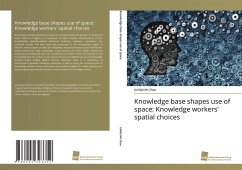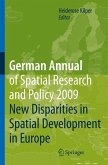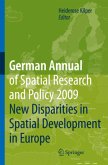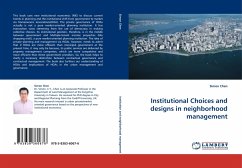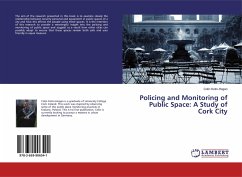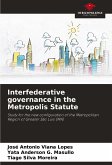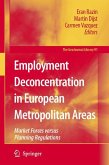Knowledge workers contribute to regional competitiveness and growth. To attract and retain them in a region, it is necessary to have a better understanding of their fundamental spatially-related behaviors including residence, workplace, and commute choices. The case study was conducted in the metropolitan region of Munich. Various types of data are integrated: structural statistical and individually-based web-survey data; individuals' actual choices and their stated importance; positional and relational data. Two conclusions are drawn: Firstly, the features of the knowledge base are evident in the spatial choices and different groups of knowledge workers clearly display distinct choices. Secondly, there is a consistency of characteristics between residence, workplace, as well as along the commute path of knowledge workers. These conclusions may provide insights for urban planners and policy-makers regarding the attraction and retention of knowledge workers.
Bitte wählen Sie Ihr Anliegen aus.
Rechnungen
Retourenschein anfordern
Bestellstatus
Storno

